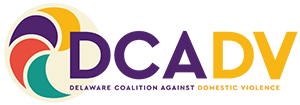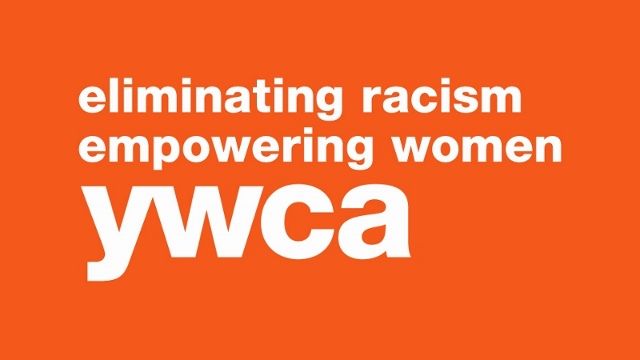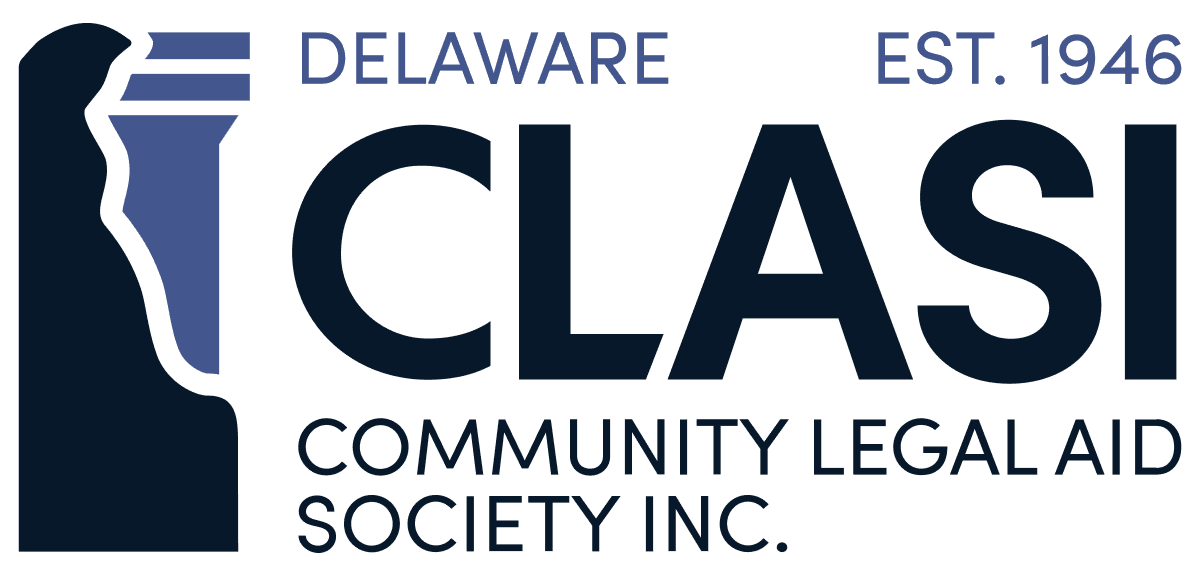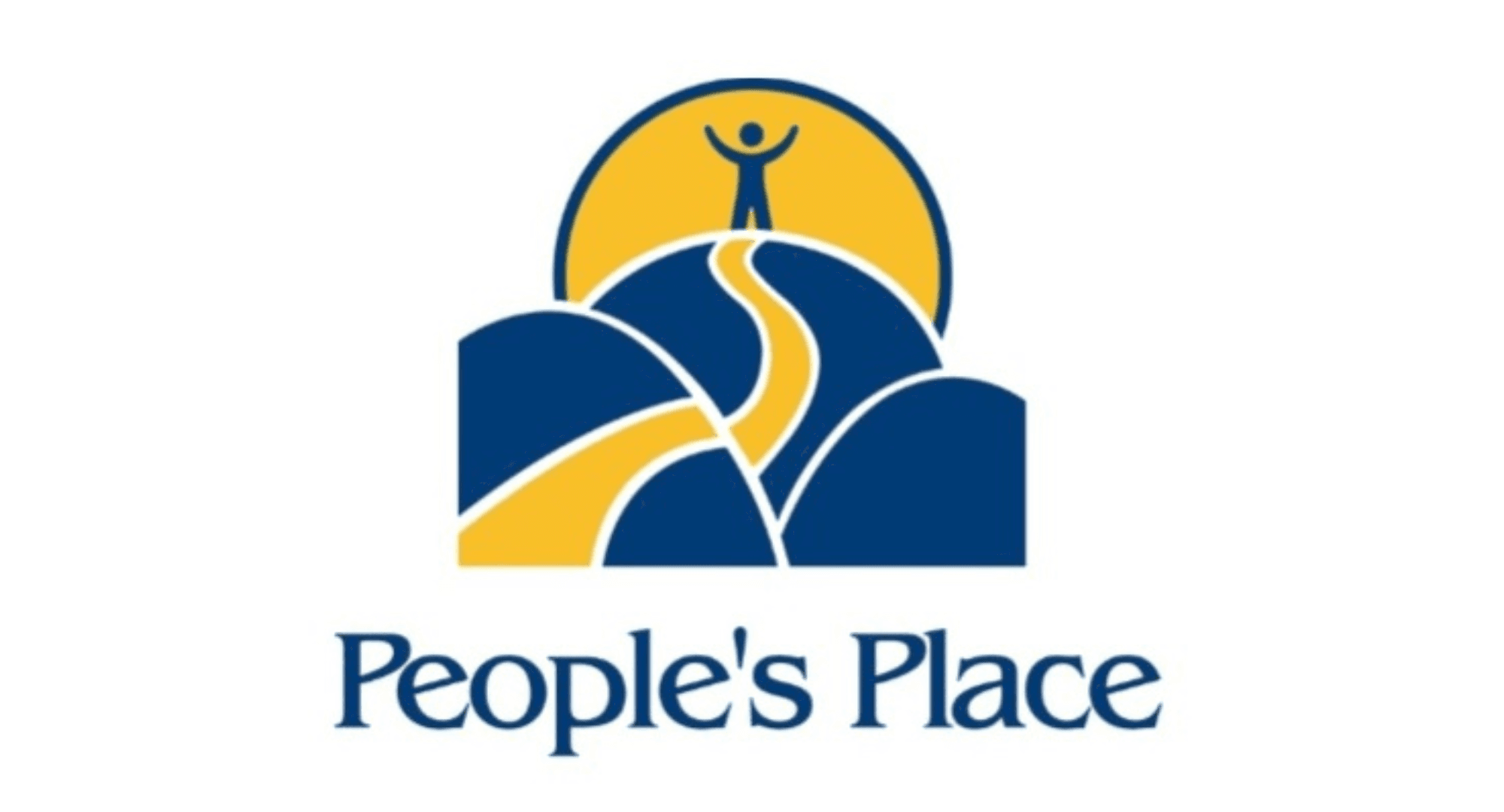Reflections on Advocacy in the Anti-Trafficking Field
Co-Authors Penny Duncan and Diana Suchodolski
Advocates, Meet Me at the Well Foundation
In these last four years of advocacy work in Delaware, we are really beginning to see a shift in awareness. Four years ago, when conversations around human trafficking happened, most of the energy was spent in clarifying human trafficking vs human smuggling: exploiting a person against their will for another person's benefit vs transporting a person across international borders with their consent. Human smuggling often transitions into human trafficking when the promised job or living arrangement is found to be illegal or dangerous, this adds to the confusion. In awareness or training events, the movie "Taken" is not mentioned as much as before, that’s an improvement.
What or who inspires you or keeps you motivated in the work you do?
Penny: The survivors. Even on the hardest of days, I know that providing them with an understanding ear and lived experience brings hope. It’s the smiles and first moments of eye contact. It’s watching them achieve goals and safety when they didn’t think it was possible.
Diana: The belief that we can disrupt generational trauma through awareness and connection inspires me to continue this work. I love to learn and try to keep up to date on what seems to be working and what is happening in the anti-trafficking community. This motivates me to try new things in our work and in our community.
How do you define resilience? What have been the sources of resilience in your life?
Penny: As someone who is a survivor of the trauma of trafficking being called resilient is not a good thing. Always being strong is exhausting. What survivors need is support and knowing that they’re in safe and caring environments. This way they can flourish without the statements of being proud of someone for their strengths. For trauma survivors, they were forced to learn resilience and not safety.
Diana: Language is an evolving medium. It is important to pay attention to the shifts in messaging and imagery around awareness. I believe resilience is important and a key factor for working through healing, but it may not always be considered a compliment, as Penny noted. I think it can fall along the same lines as telling someone, “You’re so strong” after a terrible experience. Sometimes what you really want to say is, “I didn’t choose this, and I am tired of being strong”. To answer this question directly, I define it as any effort towards survival that leads to healing and the sources for resilience in my life are connecting with the people I love in my life that are uplifting and can still see the good in the world.
What do you wish more people knew or understood about human trafficking and the fight to end it?
Penny: I wish more people were aware of the different ways that trafficking can happen. A lot of people believe that trafficking only happens overseas or being kidnapped; even though those things can happen, trafficking can and will happen here. In the state of Delaware, we see familial trafficking, drug-facilitated, and street trafficking the most. All of these different ways that someone is trafficked are rarely talked about. Trafficking is diverse and can affect everyone. Traffickers tend to groom their victims into believing that what they’re feeling is love and that they can be trusted. What the world may not know is that trafficking is all based upon relationships but on a very toxic and unhealthy level.
Diana: This is a tough one because some people don’t believe that we will ever be able to stop human trafficking, but I think that gives people an easy way out. I wish more people knew that just having conversations about consent can empower someone. I wish more people understood that demand must be addressed with the same level of tenacity as the response to support survivors. There is an unspoken fear that if demand is addressed with more vigor, we may see people we care about in the news.
What is the greatest lesson you have learned from the work you’ve done?
Penny: The greatest lesson I learned is to build boundaries and that saying no is acceptable. When I first started this work as an advocate, I would sacrifice my own life to walk alongside someone in their journey to freedom. I had to learn pretty early on that there needs to be a healthy balance. Burnout is a real thing, especially in the anti-trafficking field. It is okay to take a step back and recenter yourself.
Diana: The greatest lesson I learned is that someone’s definition of success may not look like what we would expect. They may seem small or insignificant but often, the small successes create a path of growth. The small wins are really big wins. For example, for someone that says they just want to see the beach for the first time in ten years. This experience can create a sense of adventure and curiosity that empowers them to try new things or complete tedious tasks that they may be avoiding such as applying for their dream job or registering for school. I learned to rally for all the definitions of success!
Are there gaps in the anti-trafficking response that need to be addressed?
Penny: There are still some major gaps in the anti-trafficking response. Being an advocate can be really challenging when it comes to locating safe, reliable housing and resources that help provide a new beginning for someone. Some of those barriers cause anxiety and dread because someone who is experiencing homelessness is at risk of re-victimization. This is why it is important to keep pushing through in this work, to light the way for others.
Diana: Just like other fields of advocacy, I think there will always be gaps that have to be addressed. I think for Delaware, we have grown in awareness and legislative support, but we are still a work in progress when it comes to a complete continuum of care for people that have experienced trafficking. As Penny mentioned, housing continues to be a challenge, as it seems to be for all people that are economically and socially underserved. There have been a few creative solutions proposed but the results may not be seen for years to come.
Tell me about a time at work when you felt proud to do what you do.
Penny: This work means the world to me. Even more so with lived experience. It isn’t just my 8 am-4 pm job that makes a difference but it’s in advocacy that my real purpose lives. Deciding to do advocacy grew me as a person in a way I never thought. I am the proudest when we do outreach events or meet a survivor one on one. These moments bring into reality, why we do what we do and how it impacts their lives. There are so many things to be proud of. I am beyond grateful to work with Meet Me At The Well and our partners. Thank you for allowing me to be a part of the team!
Diana: I am always proud of what we do. I am grateful that there are more organizations out here doing the work with us to share the weight of it all because we cannot do this work alone. Honestly, I am the proudest of what I do whenever we are working with other organizations and we are able to provide the highest level of support to someone in need; that is when I am most proud, and that is when I feel the strength of our community.
Do you have any advice for people wishing to make a difference?
Penny: Even if you can’t dive into direct service work, there are so many ways to make a difference. Each gift a person brings to the table is important. Don’t be discouraged or push yourself into something that makes you uncomfortable. Even the littlest things make a big difference in a person's life.
Diana: My advice for anyone wishing to make a difference, find your gift first! It is easier to give of yourself and make a difference when you know what you can give. If you love knitting, let’s do a knitting workshop or make some comfort items! If you love to get your friends together for a paint night to raise funds, absolutely do that! Writing letters of support is so wonderful for both the writer and the recipient. You can also join a subcommittee of the many organizations doing great work such as the Delaware Anti-Trafficking Action Council (DATAC) or be a liaison for other subcommittee groups that address support, legislation, housing, etc. such as the DCADV! Becoming a mentor is challenging but it embodies the starfish theory if you can help one person then it is worth it! Look for your local non-profit that works with people that have experienced human trafficking.




